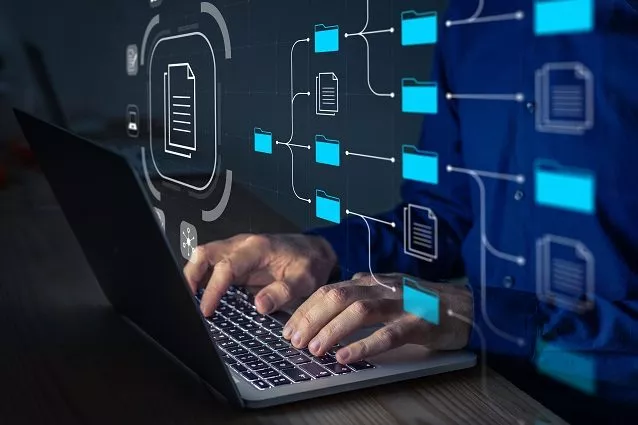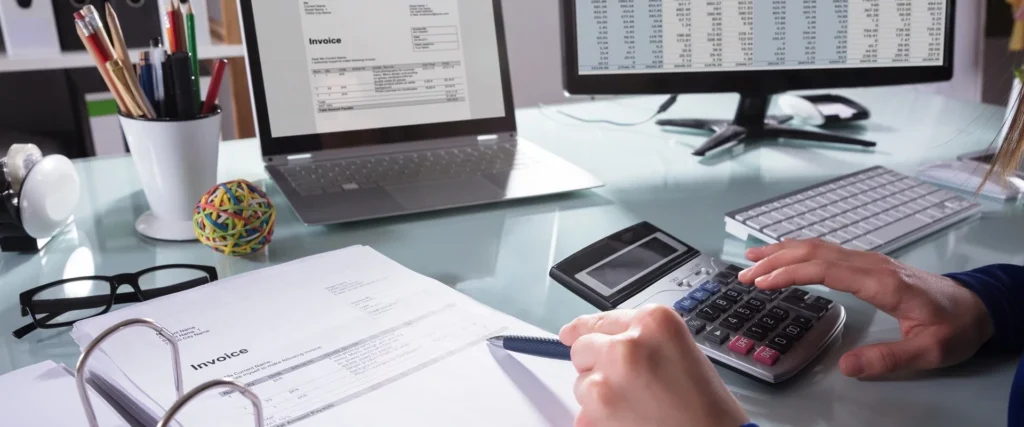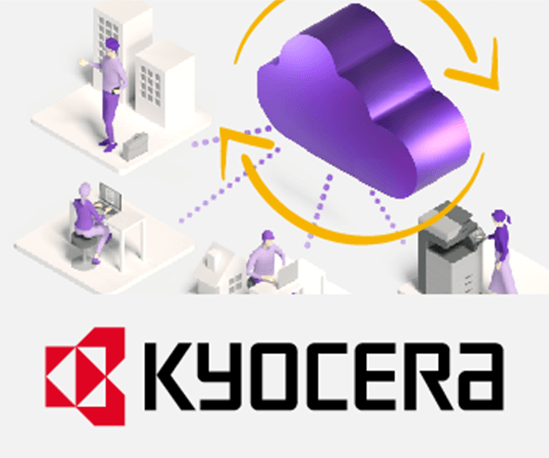

9 November 2018
The e-bill law: New times for Germany’s authorities
In a few days the new e-bill law will come into force. Germany’s authorities and companies will have to adapt to some changes.
From the European Directive to national law
The regulations on electronic invoicing are based on the European Directive 2014/55/EU of 16 April 2014. The eInvoicing Act now implements the provisions of these directives into national law. In concrete terms, this means that all federal ministries and constitutional bodies must be able to accept, process and forward invoices in electronic form by 27 November 2018. The law will apply to subcentral federal clients from 27 November 2019, with the federal states and municipalities following suit six months later. Finally, from 27 November 2020, electronic invoicing to the federal government will be generally mandatory.
In future, invoice documents must therefore be available “in a structured electronic format” (§ 2 Definitions). In addition, so-called hybrid formats will also be recognised: At least part of the invoice must fully comply with the new regulations.
New standards, new challenges
XInvoice also introduced a new national standard for the exchange of invoices with public administrations. This does not completely replace parallel existing standards, but they must now meet the requirements of the new European standard CEN 16931. A new version 2.0 has already been announced for the ZUGFeRD standard.
The consequences of the E-Rech-VO (E-Rechnungs-Verordnung) are also being felt in Germany by the private sector – after all, almost half of all German companies maintain business relationships with public institutions. And according to the latest studies, the majority of companies are far from being prepared for the topic of e-invoicing: Most invoices are still sent by e-mail in paper form or as PDF files.
Prepared for the digital future?
In order to switch to electronic procedures, any adjustments to the internal business processes in controlling or in the accounting of the authorities and companies concerned are unavoidable. The internal IT systems must be retrofitted and employees sufficiently trained. In view of the statutory deadlines, the time available for this is extremely short.
The digital transformation is thus gradually becoming a concrete reality in German offices as well.
Are you planning to convert your entire invoice processing from invoice receipt to archiving to electronic procedures?
With enaio® you are on the safe side: Digitize your invoices automatically, provide a seamless connection to numerous ERP and FiBU systems and benefit from a workflow management optimally tailored to you.
You might also like
Do you have any further questions?



























